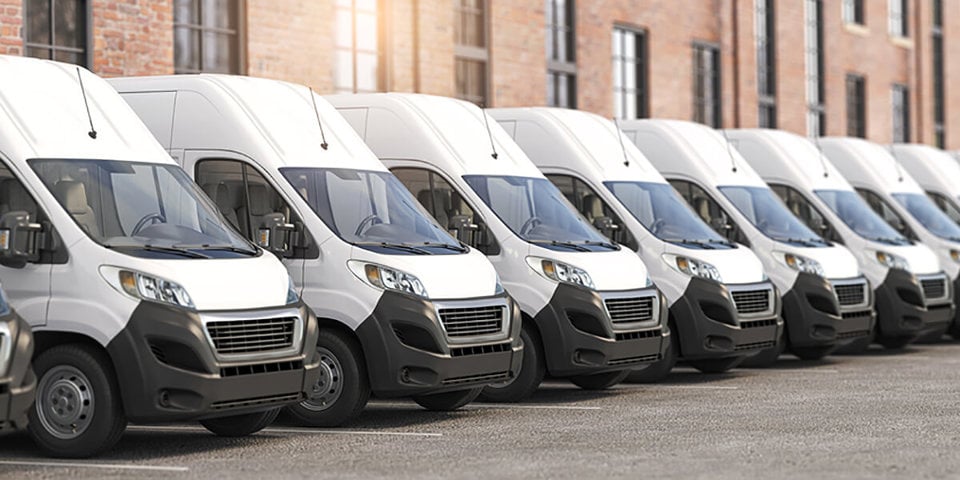Legislators should stop concerning themselves with ever-increasing emissions restrictions and do more to support alternatively-fuelled vehicles if it wants to help the environment, according to a boss at Italian commercial vehicle manufacturer Iveco.
The call comes as Iveco is launching a new range of Daily vans that will include CNG and electric-powered alternatives.
But while the firm has made a huge investment in green technology, it feels legislators aren’t doing enough in return to make such vehicles viable business propositions.
“Demanding Euro V and Euro VI emissions standards is a law of diminishing returns, because when you go on doing this long enough, you end up in a position where the benefit achieved becomes marginal and the cost becomes astronomical,” Nigel Emms, Iveco’s director, brand and communications, said.
“CNG is currently the most effective environmental option but alternative fuels and alternative drive systems are expensive. Few operators have the kind of resources available to them to justify the additional costs. We as manufacturers need greater volumes to bring costs down, but costs aren’t going to come down until those volumes are achieved.
“We need Government to provide a lead. Products take huge amounts of time and money to develop. So what we need is a clear strategy, a preferred route, based on a five-year plan – an approach which encourages manufacturers and operators alike to make the investment necessary in this new technology.”
One problem with CNG and electric vans is that the technology weighs about 300kg, effectively stripping that weight from the vehicle’s payload – something that could put potential buyers off.
Emms pointed out that in France, commercial vehicles are allowed extra payload to compensate for the weight of technology and called for the same to be applied in the UK.
“How about deducting the weight of the batteries used in electric vehicles from the gross weight calculations?” he asks.
“Until things are practical, sensible and a sound commercial proposition, operators won’t be able to justify such investments – and least of all, at a time when the economy is financially so hard-pressed.”














Login to comment
Comments
No comments have been made yet.